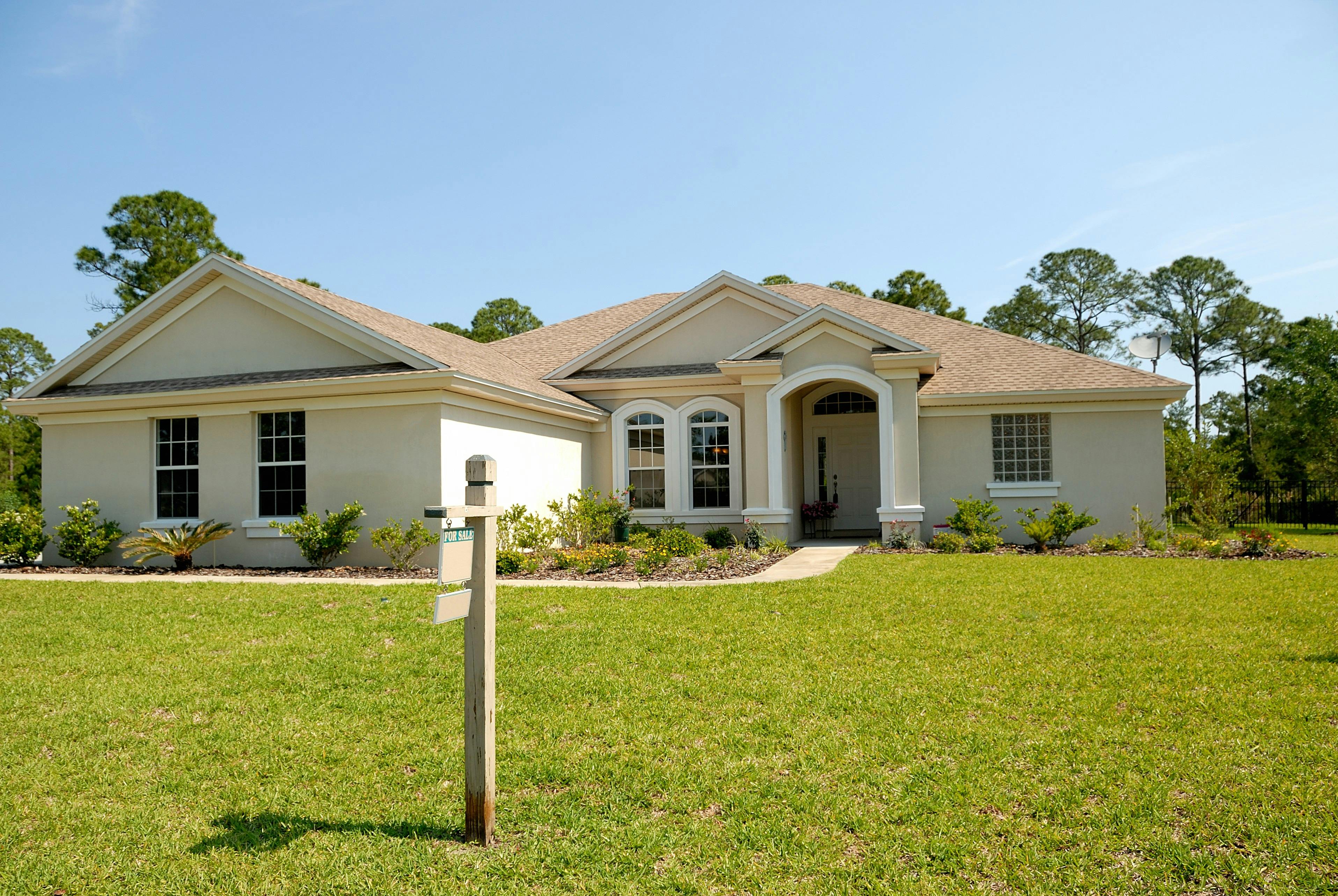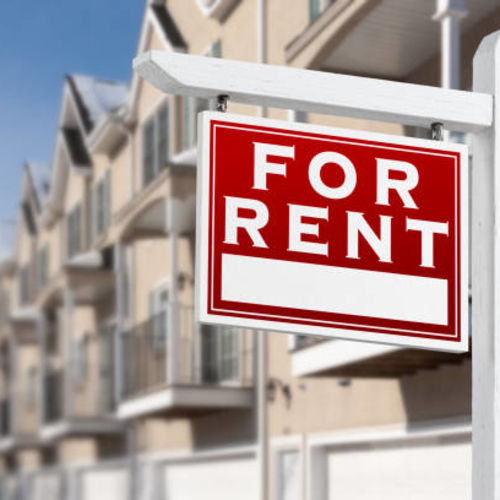Southern California’s housing market in 2025 presents a familiar but important question for homeowners: should I rent or sell my house? With home prices still historically high but no longer skyrocketing, mortgage rates elevated, and rental demand shifting, the answer is not simple. It depends on your financial goals, property type, and long-term plans.
This article takes a deep dive into the pros and cons of selling versus renting in Southern California, covering counties like Los Angeles, Orange, San Diego, Riverside, San Bernardino, and Ventura. We’ll look at current market trends, economic influences, tax considerations, and personal lifestyle factors so you can make the most informed decision.
Southern California Market Snapshot in 2025
The housing market across Southern California remains expensive compared to most of the U.S., but prices have started to level off. The regional average home price sits in the high $800,000s, with coastal counties like Los Angeles, Orange, and San Diego often exceeding $900,000. In contrast, Inland Empire counties like Riverside and San Bernardino are more affordable, averaging between $490,000 and $610,000.
Sales activity has slowed due to higher interest rates. Inventory is up compared to 2022–23, but buyers are more cautious. Many homeowners are holding onto their properties because they locked in historically low mortgage rates, often below 5%. Selling today would mean buying another home with a mortgage closer to 6–7%, which translates into much higher monthly payments.
On the rental side, demand remains strong, especially in job-rich coastal counties, though some areas have seen modest rent decreases due to higher vacancy rates. The gap between renting and owning has widened significantly: for many households, renting costs far less than buying the same property.
Home Price Trends Across Southern California
- Los Angeles County: Prices are relatively flat, with homes averaging just under $1 million. Many sellers are accepting offers below list price as buyers negotiate harder.
- Orange County: This remains the hottest market, with values averaging above $1.1 million. Strong demand continues to push values up slightly despite higher rates.
- San Diego County: Cooling off compared to previous years, with averages in the $890,000s. Sellers face a slower pace of bidding wars.
- Inland Empire (Riverside & San Bernardino): More affordable, with values in the $490,000–$610,000 range. Price growth has flattened as affordability pressures weigh on buyers.
- Ventura County: Averages in the high $800,000s, slightly down from last year but still considered a premium coastal market.
Overall, Southern California is no longer seeing double-digit annual growth. Prices are steady or down slightly, depending on the county.
Rental Market Trends in 2025
Rental prices are stable to slowly increasing in many areas:
- Orange County: Average rent around $3,200–$3,300 per month, with annual growth near 3%.
- San Diego County: Average rent just over $3,100, with steady year-over-year growth.
- Los Angeles County: Rents vary widely by neighborhood. Luxury coastal areas have seen increases, while inland areas are flat or slightly down.
- Inland Counties: More affordable, with Riverside averaging around $2,700 and San Bernardino near $2,000.
Demand for family-sized rental homes remains high, especially in neighborhoods with good schools or near employment centers. Vacancy rates have ticked up compared to pandemic lows, but well-priced homes still lease quickly. For landlords, the Southern California rental market can provide stable income, but the profit margins depend heavily on mortgage payments, property condition, and local competition.

Mortgage Rates and Affordability Challenges
One of the biggest influences in 2025 is the mortgage rate environment. Many current homeowners enjoy fixed rates under 4% or 5%, while today’s buyers face rates closer to 6–7%. This difference means moving could raise a monthly payment by 15% or more, even for a smaller or comparable home.
Affordability is stretched thin. The average mortgage payment on a mid-priced Southern California home can approach $6,000 per month, including taxes and insurance. By contrast, renting that same property often costs $2,000 less. For many households, the financial gap between renting and owning has never been larger.
This imbalance explains why fewer buyers are entering the market and why many homeowners are debating whether to rent their property instead of selling.
Advantages of Selling Your Home
Selling your home offers immediate benefits:
- Access to Cash: You can walk away with a large sum after closing, which can be used for a new purchase, investments, or debt repayment.
- No Landlord Duties: Once sold, you don’t need to worry about tenants, repairs, or maintenance.
- Certainty of Sale: Selling eliminates risk of future price drops and locks in today’s equity.
- Flexibility to Relocate: Selling gives you full freedom to move anywhere without worrying about managing a property from afar.
However, selling also has downsides. Real estate commissions and closing costs typically take 5–6% of the sale price, which can mean tens of thousands of dollars. Preparing the home for sale may also require repairs or upgrades. And unless you qualify for a capital gains tax exclusion, you may owe taxes on profits.
Advantages of Renting Out Your Home
Renting can also be attractive:
- Steady Cash Flow: Monthly rental income can help cover your mortgage and possibly generate extra profit.
- Long-Term Appreciation: You keep the property and benefit from any future value growth.
- Tax Deductions: Landlords can deduct mortgage interest, repairs, insurance, property management, and depreciation.
- Flexibility: Renting gives you the option to sell later when the market may be stronger.
But being a landlord comes with challenges. Tenants may damage the property, leave unexpectedly, or fail to pay rent. You’ll also need to cover vacancies, ongoing repairs, and possibly HOA dues. Hiring a property manager helps, but typically costs 8–10% of rent.
Single-Family Homes vs. Condos
The type of property matters in your decision.
- Single-Family Homes: Generally rent more easily and for higher amounts. Families often prefer them for the space and privacy. They also tend to appreciate faster. However, you’re solely responsible for maintenance and repairs.
- Condos and Townhomes: HOAs handle exterior upkeep, which can be convenient. But HOA fees cut into profits, and associations often impose rules on renting. California law prevents HOAs from banning rentals outright, but they can limit the percentage of units that can be rented.
If you’re considering renting a condo, always review your HOA’s regulations carefully.

Financial Considerations: Cash vs. Cash Flow
When comparing renting and selling, think about:
- Net Proceeds from Selling: How much cash you’ll actually receive after paying commissions, closing costs, and your mortgage.
- Projected Rental Income: Estimate monthly rent minus expenses like mortgage, taxes, insurance, repairs, and management.
- Future Appreciation: If you believe values will rise, holding the property may be worth more than selling now.
- Opportunity Cost: What will you do with the sale proceeds? Could you earn more by investing elsewhere?
- Tax Impact: Selling may trigger capital gains tax, while renting allows you to use ongoing deductions.
Running the numbers with a rent-vs-sell calculator or consulting a financial advisor can help clarify which option makes more sense for your specific situation.
Tax Implications
- Selling: If the home has been your primary residence for at least two of the last five years, you can exclude up to $250,000 (single) or $500,000 (married) of gains from federal taxes. Anything above that is taxable. You’ll also pay commissions and transfer costs.
- Renting: Rental income is taxable, but landlords can deduct many expenses including mortgage interest, property taxes, insurance, repairs, management fees, and depreciation. These deductions often offset much of the rental income.
Taxes can make a big difference in the rent vs. sell decision. Speak with a tax professional before finalizing your plan.
Lifestyle and Personal Goals
Finances matter, but so do personal goals.
- If you’re relocating temporarily, renting may be smarter so you have a home to return to.
- If you’re moving permanently, selling may bring peace of mind and simplify your life.
- If you dislike managing property, selling removes that responsibility.
- If you’re comfortable as a landlord, renting could build wealth over time.
Ultimately, your comfort with risk, need for cash, and long-term housing plans should guide your choice.
Weighing Your Options in Southern California
In Southern California’s 2025 housing market, there’s no one-size-fits-all answer to whether it’s better to rent or sell. Selling provides immediate cash and a clean break, while renting creates steady income and preserves ownership.
If you ask yourself, “should I rent or sell my house?”, weigh your financial numbers, tax situation, and lifestyle preferences. Homeowners with low mortgage rates, strong rental demand, and long-term outlooks may benefit from renting. Those needing cash, flexibility, or a simpler life may prefer to sell.
Careful analysis of your county’s housing and rental market, along with your personal goals, will help you make the decision that’s right for you.
Ready to Decide if Renting or Selling is Right for You?
The Southern California housing market in 2025 is full of opportunities—but every homeowner’s situation is unique. If you’re asking yourself, “Should I rent or sell my house?”, the best way to get clarity is to talk with a trusted local expert.
At Jack Ma Real Estate, we specialize in guiding homeowners across Southern Califonia.
FAQs
- Should I rent or sell my house in Southern California right now?
It depends on your financial needs and personal plans. Selling provides a large sum of cash, while renting generates monthly income and lets you keep the property for future appreciation. - What factors should I consider when making this decision?
Look at your mortgage rate, equity, potential rental income, tax situation, and whether you want to manage a rental property. Also consider your timeline—short-term move or permanent relocation. - How do market trends in 2025 affect the decision?
Home prices are flat or slightly down, while rents remain strong. High mortgage rates discourage buyers, which can make selling harder but supports rental demand. - What are the costs of renting vs. selling?
Selling costs include commissions, closing fees, and potential capital gains taxes. Renting costs include maintenance, insurance, HOA dues, and vacancies, but many of these are tax-deductible. - Can my HOA stop me from renting out my property?
HOAs cannot completely ban rentals under California law, but they can limit the percentage of units that may be rented. Always review your HOA’s rules before deciding to rent out your condo or townhouse.


